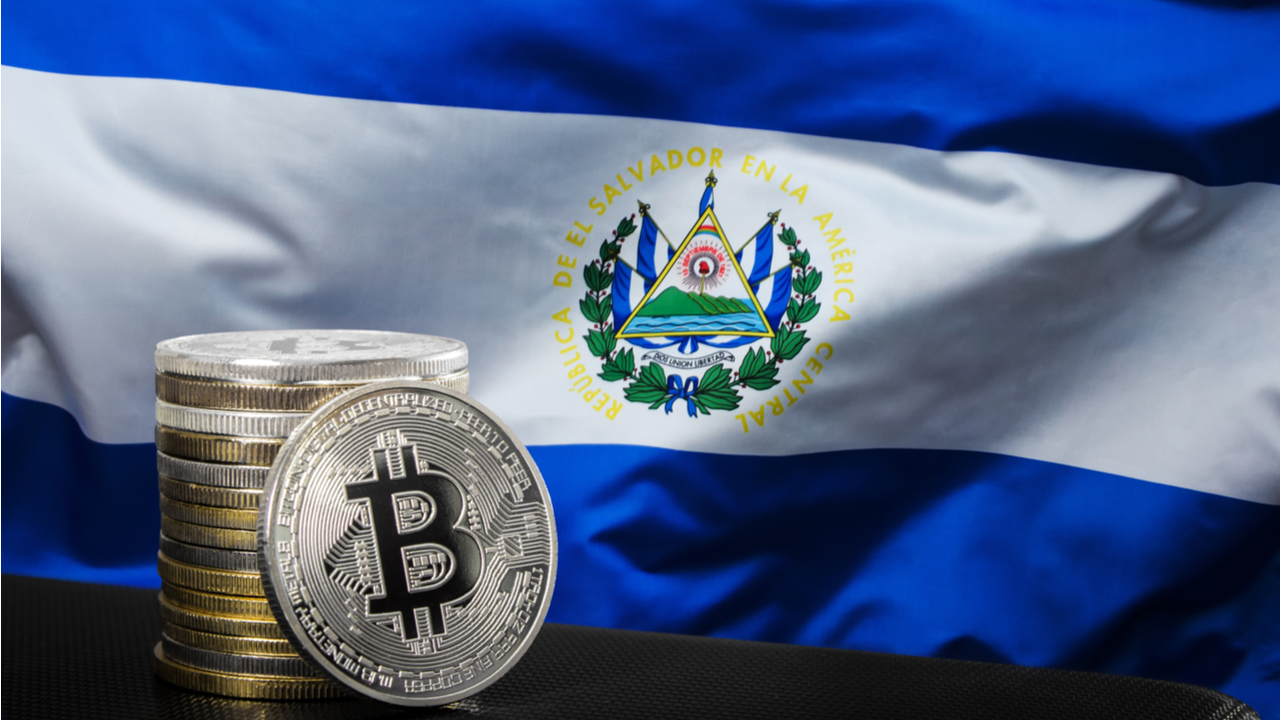Cristosal, a Salvadoran non-profit human rights organization, has filed three lawsuits related to President Nayib Bukele’s management of public funds to buy bitcoin. The processes are run for several national and international bodies, and encourage the authorities to provide information about these purchases.
President Nayib Bukele sued by Salvadoran Nonprofit Cristosal
On November 17, Cristosal, a non-profit human rights organization, announced that it has filed three separate lawsuits against President Nayib Bukele, seeking to clarify the origin and transaction information of the funds used to purchase bitcoin. Ruth Lopez, an anti-corruption spokesperson for the group, stated that one of the lawsuits had to do with the illegality of reforms Bukele had legislated regarding these expenses.
Lopez explained that $750 million is managed by Bukele as part of the bitcoin trust established by the central bank of the country in an unconstitutional manner, arguing that these laws that allow the president to manage the funds are invalid.
Similarly, the second lawsuit has to do with the lack of investigation carried out by the Court of Accounts of the Republic, the control organization, on the expenses resulting from the implementation of the Bitcoin Law, including the construction of booths, the acquisition of ATMs, the installation of the platform and the application for convertibility and administration of bitcoin.
Lopez stated:
There is no control on the platform over the identity of who buys and sells Bitcoin. Until now, all Salvadorans have been conjecture about how it works and how much is spent.
The third action will be taken before the Inter-American Court of Human Rights and is related to the identity theft that more than 200 Salvadorans suffered when they provided their data to the Chivo Wallet system.
Bitcoin skepticism
While President Nayib Bukele recently announced that the country would buy one bitcoin a day, signaling his faith in the cryptocurrency, Lopez believes the population remains skeptical of bitcoin. For her, these expenses are superfluous and do not meet the immediate needs of the people.
Of this, Lopez noted:
The Salvadoran population does not feel identified with bitcoin, but it does not benefit them either, because it is not a population that invests, since there is hardly enough for them to eat.
While some surveys show that President Bukele is very popular in the country, bitcoin is another issue. A survey conducted by José Simeón Cañas Central American University in June showed that more than 70% of Salvadorans believe that bitcoin had not brought them any benefits.
What do you think about the lawsuits filed by Cristosal? Tell us in the comments section below.
Sergio Goschenko
Sergio is a cryptocurrency journalist based in Venezuela. He describes himself as late to the game, entering the cryptosphere when the price spike occurred during December 2017. He has a computer engineering background, lives in Venezuela and is influenced by the cryptocurrency boom on a social level, offering a different point of view on crypto success and how it helps the unbanked and underserved.
Image credit: Shutterstock, Pixabay, Wiki Commons
Disclaimer: This article is for informational purposes only. It is not a direct offer or solicitation of an offer to buy or sell, or an endorsement or recommendation of products, services or companies. Bitcoin.com does not provide investment, tax, legal or accounting advice. Neither the company nor the author is directly or indirectly responsible for damages or losses caused or alleged to be caused by or in connection with the use of or reliance on content, goods or services mentioned in this article.



